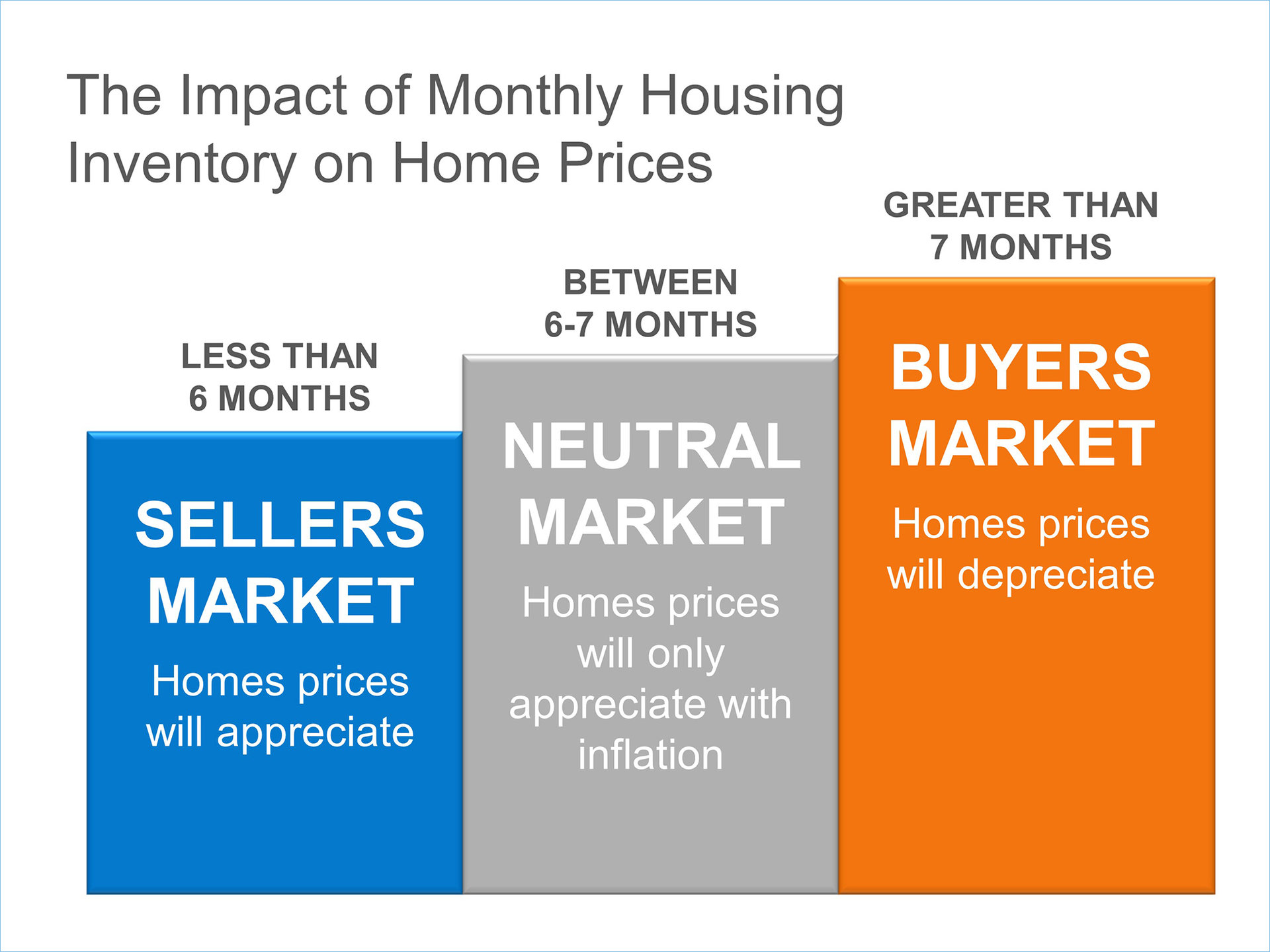Let’s assume you or someone you know is in this situation and take a closer look at each possibility:
Taking Your Home off the Market
In all probability, after putting your house on the market and seeing it not sell, you’re going to be upset. You may be thinking that no one in the marketplace thought the house was worthy of the sales price.
Because you are upset, you may start to rationalize that selling wasn’t that important after all and say,
“Well, we didn’t really want to sell the house anyway. This idea of making a move right now probably doesn’t make sense.”
Don’t rationalize your dreams away. Instead, consider the reasons you decided to sell in the first place. Ask your family this simple question:
“What made us originally put our home up for sale?”
If that reason made sense a few months ago when you originally listed the house, chances are it still makes sense now. Don’t give up on what your family hoped to accomplish or on goals your family hoped to attain.
Just because the house didn’t sell during the last listing contract doesn’t mean the house will never sell or that it shouldn’t be sold.
Re-Listing with your Existing Agent
For whatever reason, your house did not sell. Perhaps you now realize how difficult selling a house may be or that the listing price was too high, or perhaps you’re now acknowledging that you didn’t exactly listen to your agent’s advice.
If that is the case, you may want to give your existing agent a second chance. That’s a perfectly okay thing to do.
However, if your agent didn’t perform to the standard they promised when they listed your home you may want to either FSBO or try a different agent.
For Sale by Owner
You may now believe that listing your house with an agent is useless because your original agent didn’t accomplish the goal of selling the house. Trying to sell the house on your own this time may be alluring. You may think you will be in control and save on the commission.
But, is that true? Will you be able to negotiate each of the elements that make up a real estate transaction? Are you capable of putting together a comprehensive marketing plan? Do people who FSBO actually ‘net’ more money?
List with a New Agent
After failing to sell your home, you may no longer trust your agent or what they say. However, don’t paint all real estate professionals with that same brush. Have you ever gotten a bad haircut before? Of course! Did you stop getting your hair cut or did you simply change hair stylists?
There is good and bad in every profession—good and bad hair stylists, agents, teachers, lawyers, doctors, police officers, etc. And just because there are good and bad in every line of work doesn’t mean you don’t call on others for the products and services you need. You still get your hair cut, see a doctor, talk to a lawyer, send your kids to school, etc.
Bottom Line
You initially believed that using an agent made sense. It probably still does. Let's get together and discuss the possibilities.
You might also enjoy reading...




![Think You Should FSBO? Think Again! [INFOGRAPHIC]](http://www.simplifyingthemarket.com/wp-content/uploads/2015/06/Think-You-Should-FSBO-STM-150x150.jpg)




![Equity Report [INFOGRAPHIC] | Simplifying The Market](http://www.simplifyingthemarket.com/wp-content/uploads/2015/06/6.2015-Equity-InfoGraphic-STM.jpg)





![Do I Need Perfect Credit to Buy a Home? [INFOGRAPHIC] | Simplifying The Market](http://www.simplifyingthemarket.com/wp-content/uploads/2015/06/Credit-STM.jpg)